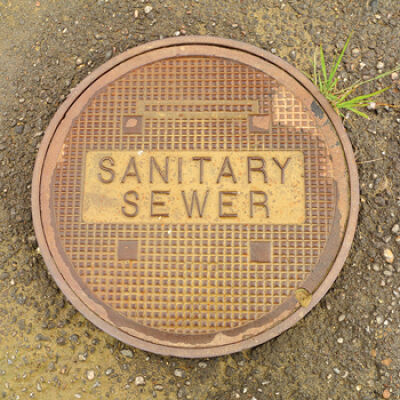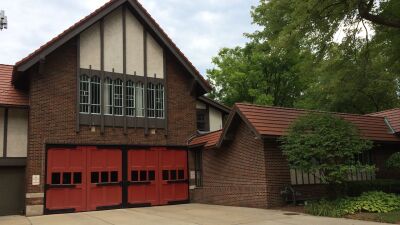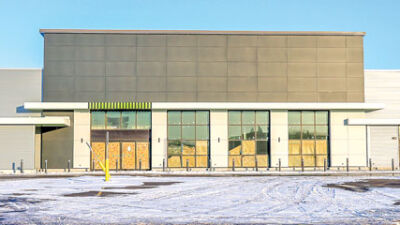GROSSE POINTE CITY — When water and sewer bills get sent out to Grosse Pointe City residents after July 1, customers may experience sticker shock. Because of new, more precise metering, the Great Lakes Water Authority is increasing the flow charge to the City for sewerage by 28%.
And as high as that figure is, it could have been even higher. Grosse Pointe City Manager Joseph Valentine said the City negotiated with GLWA after GLWA Chief Planning Officer Jody Caldwell said their actual calculations would have put the increase at 56%.
During an April 15 Grosse Pointe City Council meeting, Caldwell explained that the GLWA updates sewage flow data every three years. Until this year, he said, the City had been in the Detroit Plus District, where sewage flows weren’t metered individually.
Based on the data, the City “contributes much more wastewater” to the GLWA system than the prior estimates that had been used for billing, Caldwell said.
“When we did this (metering), we saw that usage was greater than what we anticipated,” Caldwell told the council.
Recognizing that the sudden, sharp spike in rates is a hardship to residents and the City is working to reduce its sewage flows, Caldwell said they’ve agreed to annually reopen the City’s sewage shares data. He said as the City undertakes “projects that are drying up the system,” GLWA will modify its charges.
“Let’s see how individual projects are impacting those flows,” Caldwell said.
Mayor Sheila Tomkowiak said she believes the flow numbers “won’t be so bad” in the future because the City experienced backflow a couple of years ago when water levels in Lake St. Clair reached record highs, which likely temporarily inflated usage averages. Lake levels have since receded.
Like other officials, she also noted that the City is trying to make system improvements that should reduce sewerage in the coming years, such as a forthcoming sewer separation project for sewer lines that currently contain both sewage and storm runoff.
“This is something we’ve been taking very seriously,” Tomkowiak said. “It also comes at an incredibly bad time when we’re trying to do major system upgrades.”
Tomkowiak told GLWA officials she understands they’re “trying to be fair to everyone,” though.
Sewer metering has actually been in the works since an initial investigation into flow metering in 2003 at the Neff Road Pump Station — which connects the City to the GLWA’s wastewater system. In 2011, the Detroit Water and Sewerage Department — now known as the GLWA — executed a meter installation contract with Grosse Pointe City. Meter construction took place between 2015 and 2016, but the City remained in the Detroit Plus District until 2024 because the GLWA wanted to wait until it could average the City’s usage based on five years’ worth of Detroit Plus data and five years of individual City meter data, Caldwell said.
“Our commitment is to look at those (flows) annually … because you have things going on in the system that may improve those flows,” Caldwell said.
The City’s sewage amount is measured in shares, which Caldwell likened to the City’s slice of the total pie that represents all the municipalities served by GLWA.
“We’ve been working in collaboration with the City and administration,” Caldwell said. “We’re going to continue to look at the data.”
That could mean a rate reduction in the coming years, if the City can reduce the number of shares it uses.
Exactly how the additional charge will show up on residents’ water bills hadn’t been determined at press time. Valentine said the City hopes to separate out water and sewer charges on forthcoming bills and said the GLWA increase will essentially be a pass-through charge. It wasn’t known at press time what the average increase would be for City residents.
Tomkowiak praised Valentine, Public Services Director Peter Randazzo and other City staffers who worked with GLWA to reduce the increased rate. She said they hope to do everything possible to bring that hike down through work on the system.
“We’re going to keep working on that because we know that’s very important,” Tomkowiak said.
Grosse Pointe City only pays GLWA for sewage disposal. It purchases clean drinking water from Grosse Pointe Farms, whose water plant also serves Farms residents.
 Publication select ▼
Publication select ▼






















